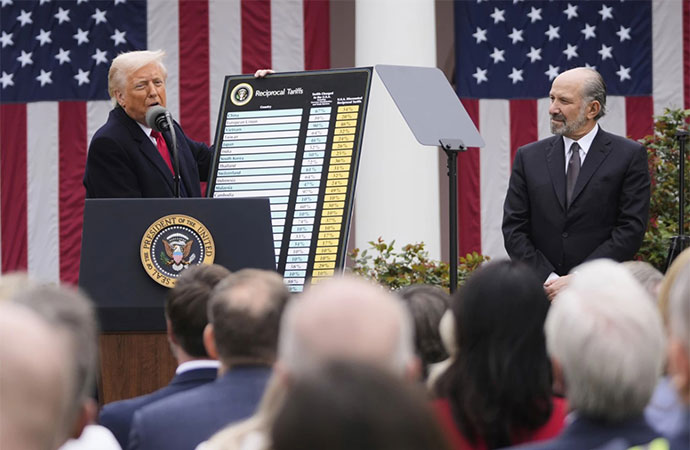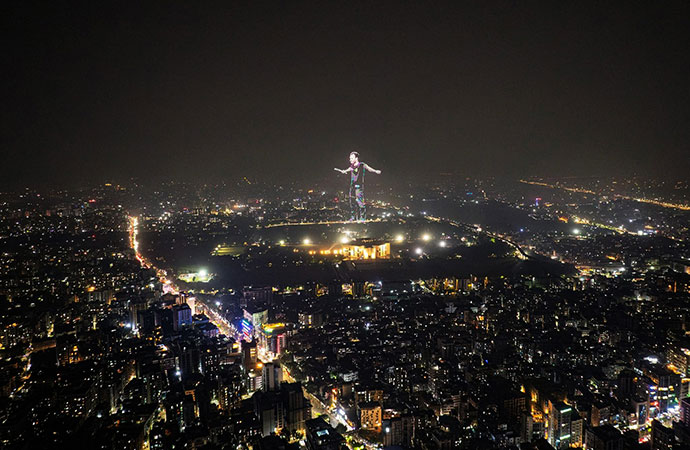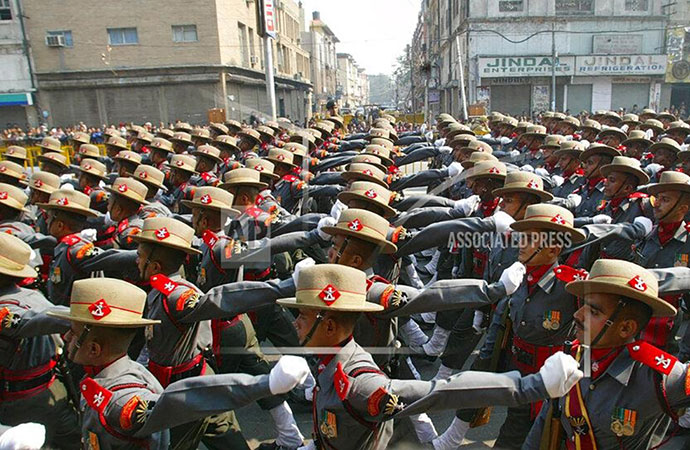Featured 1

Photo: AP/UNB
Will Bangladesh manage to get a last minute reprieve on its 'Trump tariff,' with a significant downward revision of the 35% tariff on Bangladeshi goods announced by Donald Trump in a letter to Chief Adviser Muhammad Yunus earlier this month? Most observers agreed that Trump's letter should not be taken as final, with the window for negotiations open all the way up to August 1. Indeed, the letter itself left the door open for an 'adjustment', if Bangladesh, or any other country, opens up their market to the United States, eliminating their 'Tariff and Non Tariff, Policies and Trade Barriers'.
The possibility received a further boost with Trump's announcement of a deal for Indonesia, one of the 14 countries along with Bangladesh that received more or less identical letters from Trump on July 13. But this week he revealed a 19% tariff rate for Indonesian exports to the US market - down significantly from the 32% that had been notified in the letter. This has understandably sparked renewed hope among Bangladeshis, in particular the exporters who raked in an impressive $8.4 billion by exporting their goods to the US in 2024, according to the United States Trade Representative.
The same USTR was the august office with which delegations from Bangladesh held two rounds of talks till date, in an effort to arrive at a more favourable tariff rate from the one Trump announced back in April, which was 37%. The miserly 2% reduction though, from April to July, is thought to be negligible, especially in light of the tariff announced for Vietnam, Bangladesh's closest competitor in the lucrative apparels (textiles/RMG) market in the US. And it is they who stand to lose the most from Trump's so-called 'reciprocal' tariff, that economists are finding hard to make sense of.
The commerce adviser, Sheikh Bashiruddin, generally viewed as one of the most capable members of the advisory committee to the interim government, led the second round of talks that took place July 9-11, at the USTR office in DC. At its conclusion, he immediately returned to Dhaka and has been holding meetings with key stakeholders - including somewhat belatedly the business community - before returning to the US next week, his own hand hopefully strengthened by the knowledge of what he can offer.
Having said that, we must also be prepared for the possibility that there will ultimately be no agreement - and that may even be best. What has become clear, during the negotiating team's interlude in Dhaka, is that the US team is driving a very hard bargain. This is also reflected in the fact that Indonesia was only the fourth country to secure a 'deal'. Notably, the two developing countries that have secured significant downward revisions in their respective tariff rates, only managed to do so by pledging to drop all import taxes for US goods entering their countries in return. Details on the Vietnam agreement, though signed earlier, are still very scant. Indonesia, on top of dropping all tariffs on US goods, also committed to purchasing $15 billion worth of US energy (oil/gas), $4.5 billion worth of American agricultural products, and 50 Boeing jets, Trump said.
Are we prepared to pay a price so steep?

























Leave a Comment
Recent Posts
Pedaling Through the Mangroves ...
The journey from the bustling streets of Barishal to the serene, emera ...
Why the Interim Government mus ...
Two weeks out from what is expected to be a red letter day in the figh ...
Doesn’t matter who thinks what about Bangladesh deci ..
The Other Lenin
US President Donald Trump said his administration
Govt moves to merge BIDA, BEZA, BEPZA, MIDA